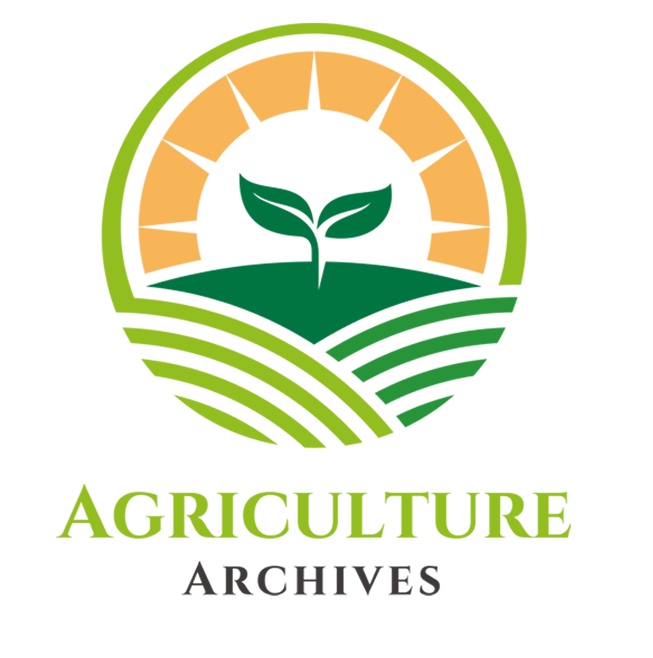Adopting Good Postharvest Handling Practices (GPHH) is critical to enhancing Nigeria’s cocoa value chain’s quality, sustainability, and profitability. This study investigates the determinants and economic impacts of GPHH adoption among Licensed Buying Agents (LBAs) in Southwest Nigeria, focusing on Ondo and Osun states. Using a multistage sampling procedure, 120 LBAs were surveyed, and an Endogenous Switching Regression (ESR) model was employed to analyze the data. The findings reveal that only 43.3% of LBAs adopt GPHH, with adoption driven by factors such as education, training participation, credit access, and access to modern technology information. Conversely, high operational costs and government charges were significant barriers to adoption. The study demonstrates that LBAs who adopt GPHH experience a substantial increase in income, with an Average Treatment Effect on the Treated (ATT) of ₦5,618,535.72 (13.2%), highlighting the economic benefits of improved practices. Furthermore, adopters achieve higher efficiency and reduced postharvest losses, enhancing their market competitiveness. The results also reveal gender disparities in adoption rates and the importance of capacity-building interventions, such as training programs and financial support mechanisms, to address barriers. This research underscores the need for targeted policy interventions to promote GPHH adoption, improve postharvest quality management, and enhance the livelihoods of LBAs. By addressing the persistent challenges in the cocoa sector, this study provides actionable insights for stakeholders to foster sustainability and economic growth within Nigeria’s cocoa industry.
